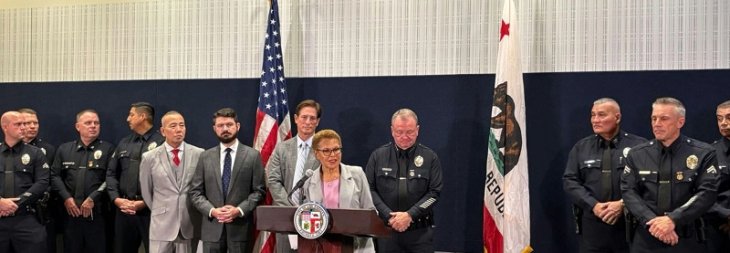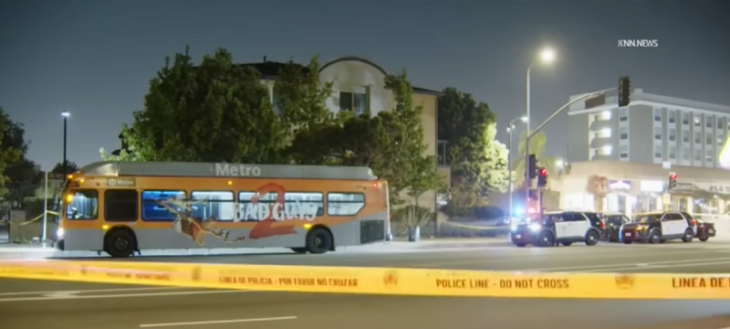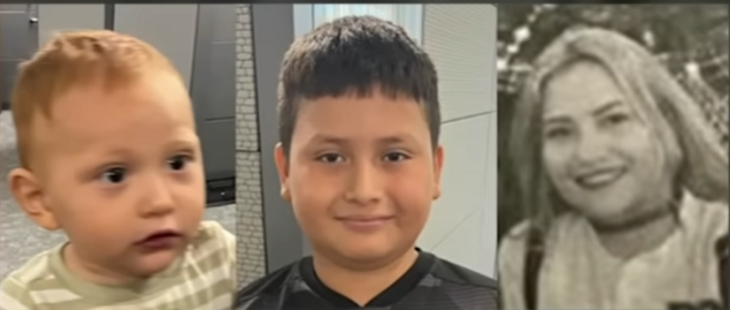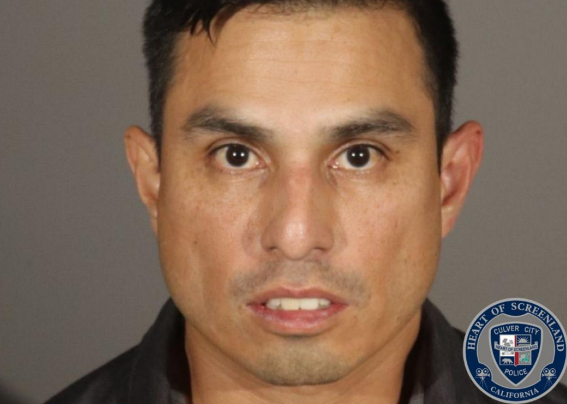A pair of Scripps Research Institute scientists will bring their biomedical labs to USC and anchor the work that will be done at a new health-science facility being funded in part by a $50 million donation from retired surgeon Gary Michelson, the university announced today.
USC President C.L. Max Nikias is expected to take part in a late-morning groundbreaking ceremony for the USC Michelson Center for Convergent Bioscience, which will house laboratories, a Center for Electron Microscopy and Analysis and microscopy imaging technology facilities.
University officials said researchers will use the facility “to generate the bioscience discoveries that build a better, healthier future.”
Among those researchers will be two Scripps scientists — Raymond C. Stevens and Peter Kuhn — who will move their labs to the university and bring about 50 researchers with them. Stevens will serve as USC’s provost professor of biological sciences and chemistry, while Kuhn will be the dean’s professor of biological sciences at the USC Dornsife College of Letters, Arts and
Sciences.
“Ray Stevens and Peter Kuhn are among the world’s most influential biomedical scientists, whose research on molecular structures and processes have led to important advances in medical treatments and pharmaceutical drugs,” USC Provost Elizabeth Garrett said. “Their arrival enhances USC’s leadership in creating consequential research at the intersection of science and engineering.”
According to the university, Stevens has pioneered research into human cellular behavior. He has also helped create therapeutic molecules that led to breakthrough drugs for conditions ranging from influenza to childhood diseases to neuromuscular disorders to diabetes. Stevens has founded four biotechnology companies and three National Institute of Health centers.
“We came to USC because of the opportunity to converge the sciences and dramatically increase our understanding of the structure and function of the human body at the atomic scale,” Stevens said. “USC has the world’s number-one cinematic arts school, including expertise in digital art, which we think will be critical to bridging scientific and engineering disciplines.”
Kuhn is the co-director of an NIH Physical Sciences Oncology Center, working to learn more about how cancer spreads through the body. He also led the invention of a method for detecting and characterizing cancer cells with a simple blood test. At Scripps, he established the translational science program, and he previously served as a physics professor at Stanford.
“USC unites the best of the best, who all align on the vision of improving human health with scientific breakthroughs and bring outstanding scientific competencies to the table to make this vision a reality,” Kuhn said.





















